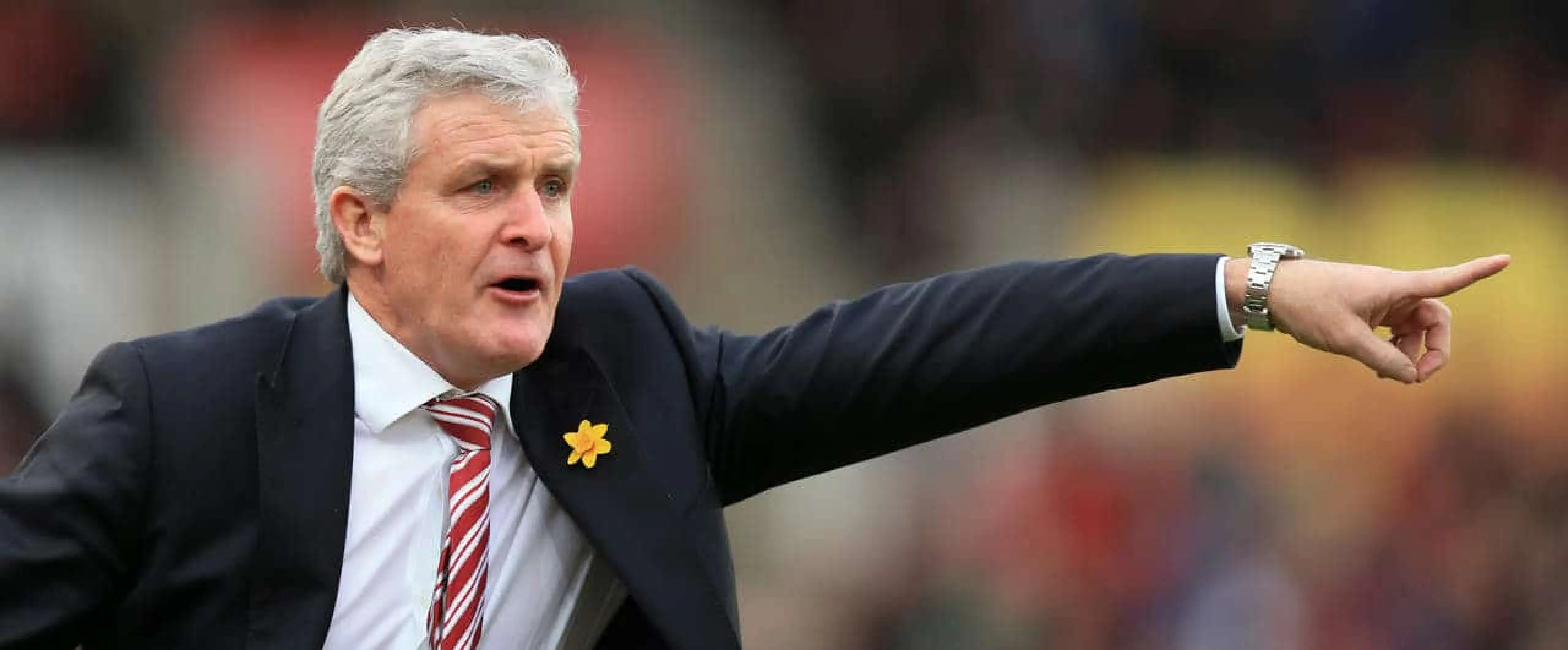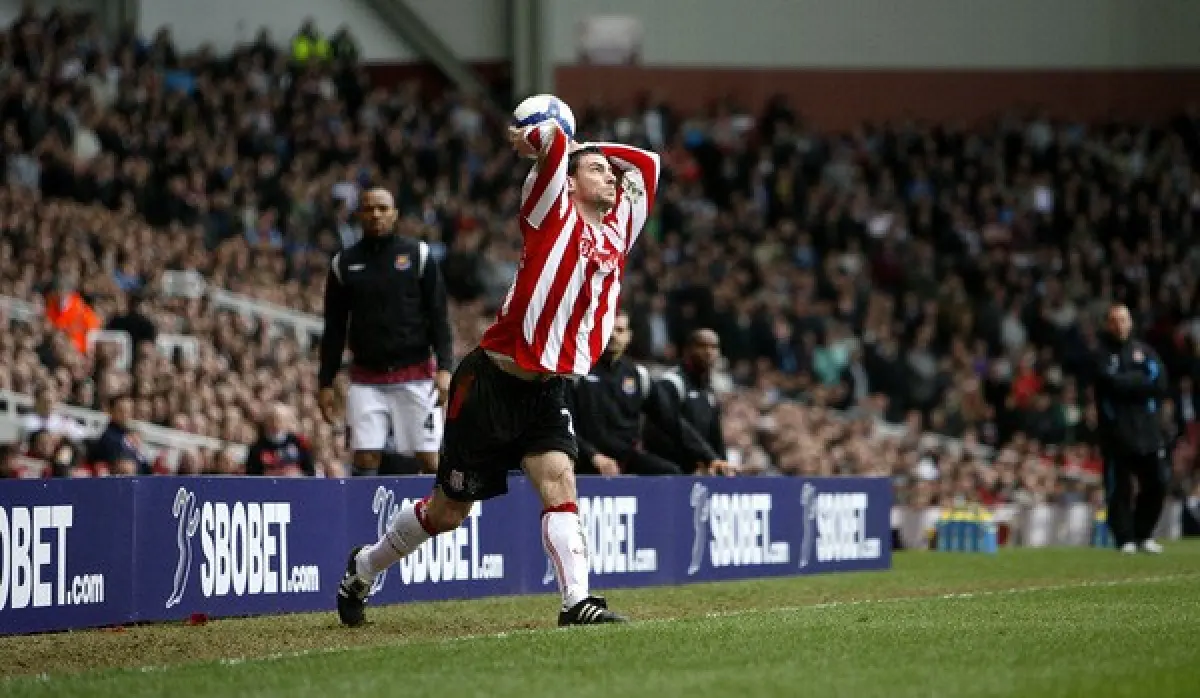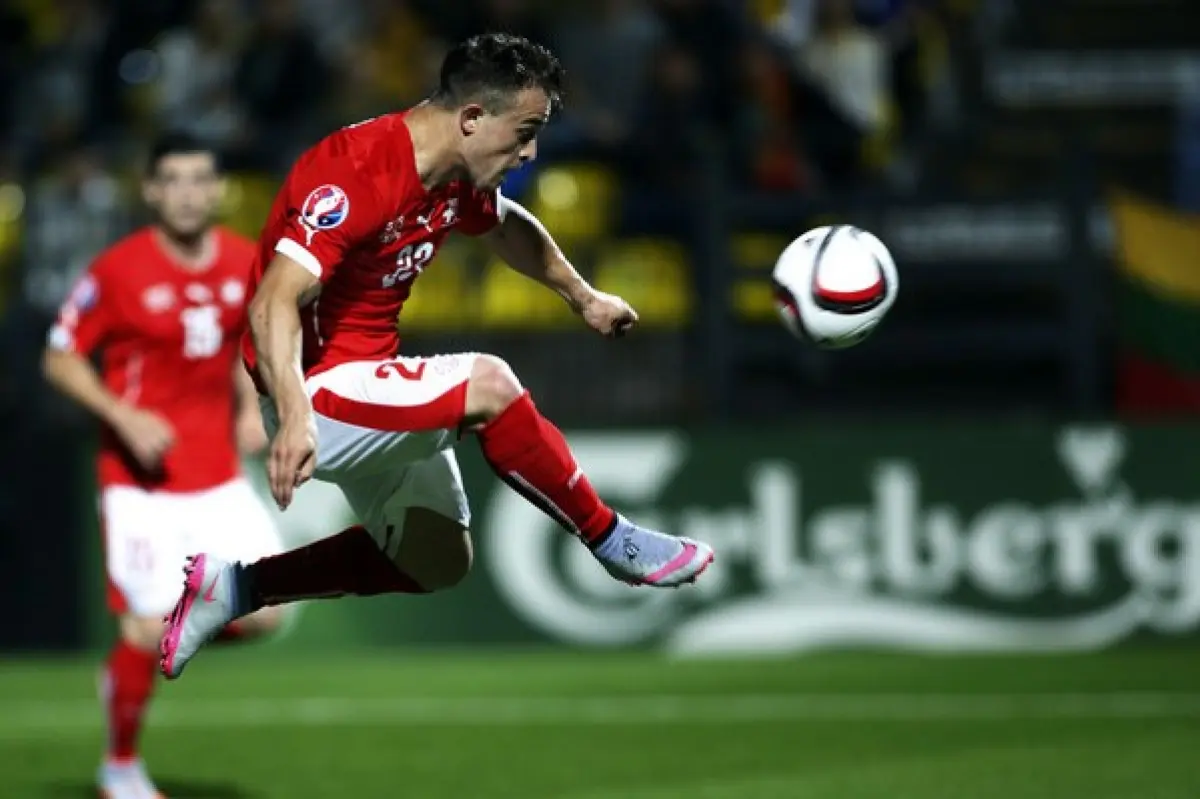In-focus: Stoke City are the personification of a club with a solid 10-year plan
Published:
Stoke City are not exactly known as a glamour club. Their seven seasons in the Premier League has seen them steadily build and acclimatise to the English top flight.
What the club have done remarkably is play to their strengths and made changes according to what they have had at their disposal. Adapting from the Championship and surviving in the Premier League was the immediate priority of then-manager Tony Pulis.
Quickly earning a reputation as a team who would take no nonsense from opposition; tricky striker Ricardo Fuller terrorised defences often getting the better of them in the area. The Potters were also arguably the first team to have a ‘secret weapon’ in throw-in specialist Rory Delap.

Applying an ingenious method of utilising resources in the best way possible, Delap was often their ‘get out of jail’ option and soon developed a unique understanding with Fuller.
Finishing 12th on 45 points in their first season, Pulis split opinion with the tactics that he used, with the Potters’ often over-physical approach ensuring that Stoke, although the new boys, would not be bullied.
Related: Stoke City Premier League 2015/16 club preview
In the summer of 2009, Pulis spent wisely with the business savvy chairman and sportsbook owner Peter Coates backing his manager to improve gradually. Approximately £24m was committed to bringing in Asmir Begovic, Robert Huth, Danny Collins, Dean Whitehead, Diego Arismendi and Tuncay Sanli, adding even more grit and an upgrade in key areas.
Coates in business and in life has never been a flash in the pan; he’s in it for the long haul and has built numerous companies slowly, knowing that good things take time. It is that patient business acumen that had helped Stoke City bit-by-bit achieve each reasonable goal year-on-year.
Pulis guided the Staffordshire outfit to 11th place and 47 points also reaching the quarter-final of the FA Cup with Pulis’ pragmatic approach, which included the deployment of old-fashioned wingers Matthew Etherington and Liam Lawrence paying dividends. He gave them credible targets to aim for, in two of Dave Kitson, James Beattie and Fuller.
Jermaine Pennant’s arrival in summer 2010 was an upgrade on Lawrence, with Stoke making a transition into a dynamic force. Kenwyne Jones also joined to cause more trouble for opposition defenders, while Jon Walters is arguably one of the best signings the club has made.
At this stage, they had more or less become recognised as a mid-table side and, although they achieved their lowest ever finish of 13th, they reached the FA Cup final where they narrowly lost to Manchester City.
Peter Crouch’s arrival following the end of the 2010/11 campaign for £10m signalled the club’s ability to attract players of proven Premier League pedigree and he suited the way Pulis played. A 14th place finish seemed to suggest, however, that his influence on the team was slipping and other clubs were starting to find ways to counter their approach.
Michael Owen, Steven N’Zonzi, Charlie Adam and Jack Butland were notable July/August additions in 2012, though the club could only manage a 13th place finish with Coates’ patience in Pulis finally running out.
Realising that the Potters were now recognised as an established Premier League outfit, their ambitious chairman wanted a man more befitting that image as they entered their fifth season in England’s highest echelon. As a result, Mark Hughes, who had built a solid reputation while in charge of Blackburn Rovers, despite hot and cold spells thereafter at Manchester City, Fulham and QPR, was the man to take the reins.
With multiple contacts around Europe and a real eye for talent-spotting, Hughes subsequently attracted Spanish defender Marc Muniesa on a free transfer from Barcelona, while also spending £5m on Dutch left back Erik Pieters from PSV Eindhoven and talented Austrian attacker Marko Arnautovic.
After luring such lauded players, Stoke’s best-ever Premier League finish followed, as they ended the season in ninth. Although summer activity in 2014 was notably quiet, Phil Bardsley, Steve Sidwell and Senegal striker Mame Biram Diouf arrived on free transfers, while the capture of Spain cap Bojan Krkic from Barcelona was seen as an incredible coup.
Shock, comprehensive scalps at home to Arsenal and away at Manchester City were highlights of the campaign, as the Potters maintained themselves in the top 10 in ninth, with four points more (54) than the previous season. Hughes signings Bojan and Diouf were respective stars in both victories.
The football club’s incredible seven-season rise was no accident. Careful diligence from Coates and his executives represent an ongoing blueprint of where they want Stoke to be, with a 10-year plan likely to be at the forefront of the chairman’s mind.
Having turned the Britannia Stadium into a fortress, this has long been the case – in part to its geographical positioning. A short walk out of Stoke city centre, it sits perched on a hill next to the motorway, exposed to searing winter winds. Not the place any team wants to visit on a night in November.
This summer, it is clear that Stoke may well have done enough to challenge for a Europa League place, with the Potters 12/1 with Coral to achieve a top six finish. Taking advantage of their relationship with Barcelona, they have snapped up Dutch international winger Ibrahim Afellay on a free transfer, as well as plucking the talented Moha El Ouriachi from the Catalans’ production line.
Shay Given adds experienced cover for Butland following Begovic’s move to Chelsea, though snatching midfielder Marco van Ginkel on loan could turn out to be a very smart transaction. Glen Johnson joins Philipp Wollscheid (a permanent signing following a loan spell) in defence, while Spanish striker recruit Joselu is a player with a huge amount of potential.
No doubt the jewel in their crown is £12m Switzerland international Xherdan Shaqiri, who, along with Afellay, can exert a considerable amount of influence on the team. Arguably, they may well be one of the most balanced squads in the English top-flight when combined with who they have in the squad already.
Related: Stoke City sign Swiss star Xherdan Shaqiri

It is clear that Hughes is building a squad that still has the ‘hard to beat’ philosophy, with a strong foundation, though, one who can use this a platform to play attractive football. A phrase not associated with the Potters, arguably not since the days of Sir Stanley Matthews.









